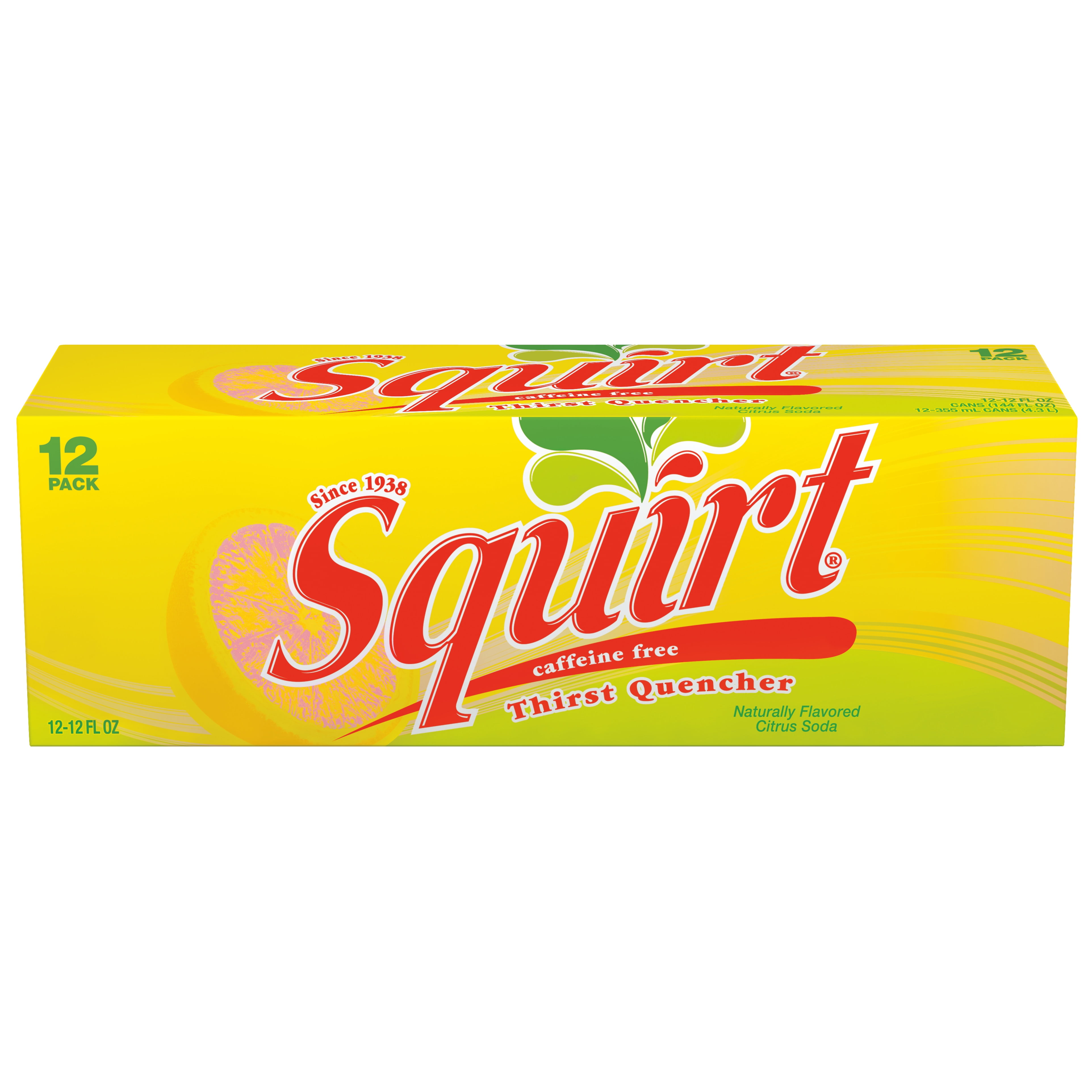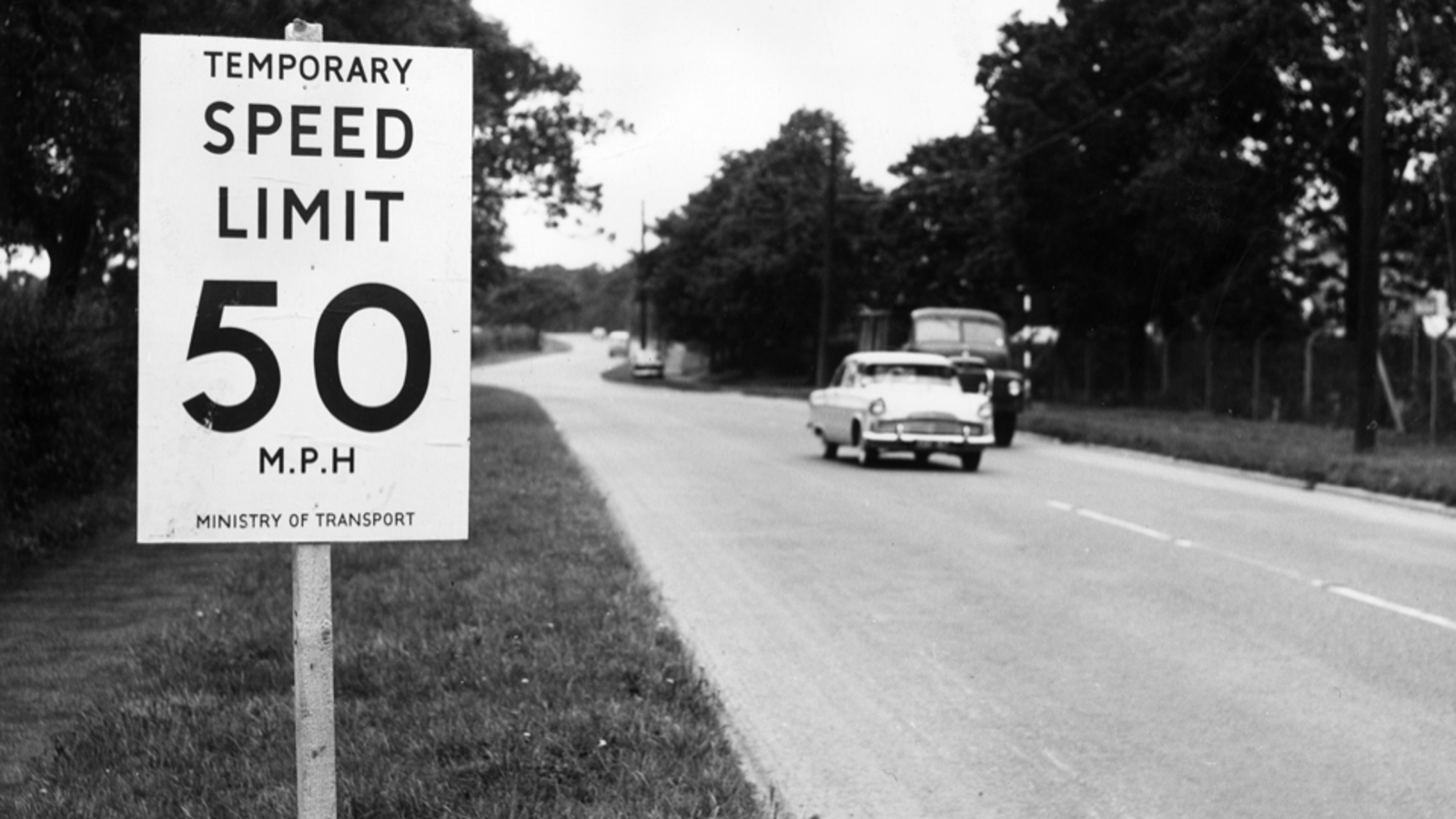

Associate things you want to memorize with the absurd and unusual to make it stick out. If you don't believe that, try reading a book 1 sentence a day.Īs for memorizing things for school, look into Memory Palaces, Person-Action-Object, and Mnemonics. Retention is actually higher if you read faster, because your brain can put the big picture together faster. Getting the general theme is more important that every single sentence. Don't worry if you miss some parts from reading too quickly. You will likely forget the rest of the chapter no matter how fast/slow you read it. This is where most of the important information lies. Read those parts several times and really focus on them. Focus on the chapter titles, first / last paragraphs, and any key info (e.g. If you have trouble with this, read so slowly that your brain gives up reading words "aloud" in your head. Think of your eyes as sponges soaking up a group of words at a time. Try looking at one word and reading the words on either side, then practice reading half a line of a book at a time, then 1 line at a time. Likewise, you can, with practice, train yourself to focus on more words at a time. You don't read each letter individually, you recognize the word as a whole. Here's some of the key points I remember: I forget which speed reading book it was, but it helped me read a lot faster.

My online reading diet is more of the fast-food-and-candy type, which is something I really should solve.
#Squirt speed reader reviews how to#
The most fun I've had studying a book was Steven Smith's DSP book, at (I recommend that you learn how to make music with synthesizers before you start reading.) I sometimes read a nonfiction book simply because I love the author or topic (Feynman's Lectures, Hamming's The Art Of Doing Science And Engineering), but it usually doesn't work as well (project-based is awesome because you always have "how can I use this in practice?" in the back of your head, leading you to process the material in interesting ways. I read nonfiction in a project-learning approach - if I need Partial Differential Equations for a game I'm writing, I'll read an article or book about PDEs. A good recent example is this gwern article, that finally convinced me that I must watch Neon Genesis Evangelion: I read fiction based on recommendations or liking other works by the author, but more importantly, based on hearing people saying interesting things about the work.

I especially like how the comic strips came out - I gained a lot of new appreciation for the relation between art and story: I read much less, and gained much more from every bit I did read. You'll consume less books per month, but will come out knowing much more (in total) than if you just ran through them.Ī few years ago, I did an experiment where every time I read something online I had to post some thoughts about it. Spend a few minutes trying to solve it yourself before reading his solution. When reading a math, physics or programming textbook (or paper), stop every time the author is about to present a new tool or solution. If relevant, try to guess what the solution will be to the mystery. When reading a novel, try to identify clever things the author did here. Consider - do you agree with the author? Do you have past experiences that support or challenge his claims? What can this be used for? What else is interesting about it?


 0 kommentar(er)
0 kommentar(er)
